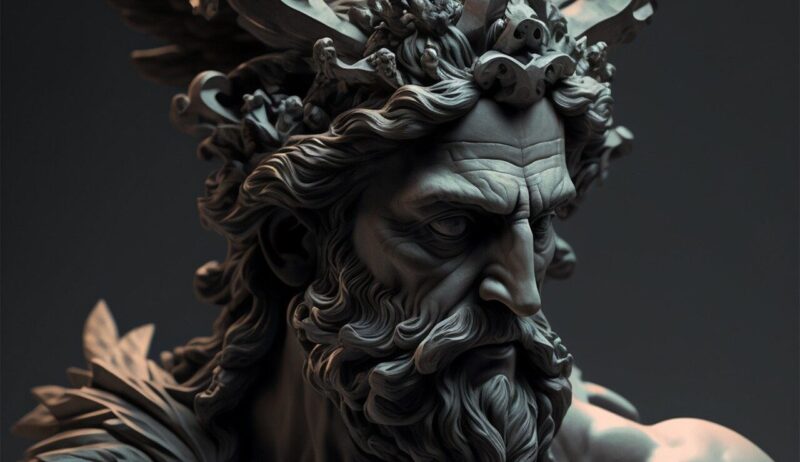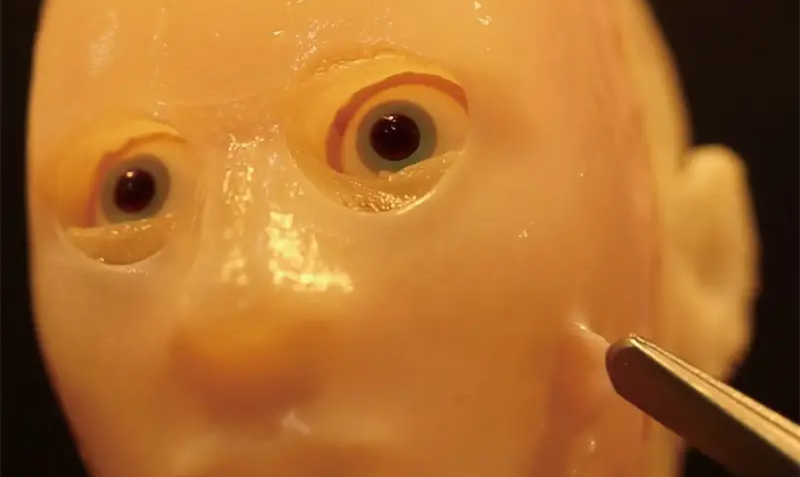With cutting-edge technology such as artificial intelligence (AI) heavily featured in the news lately, opinions over this subject are becoming increasingly divided. While some people fear AI because of the way technology is portrayed in movies such as the Terminator and Matrix series, could we find a warning and ideas on how it might affect humanity by looking back further in time?
This article was originally published by Insider Paper.
The Legacy of Greek Mythology
Greek mythology is made us of a series of myths and legends drawn from a wide variety of sources such as literature and art. This culture has brought us such memorable characters as Hercules, Achilles and Hector, with books including the Odyssey and Iliad by Homer. Movies covering this period include 1981`s Clash of the Titans, which was remade in 2010, and 2004’s Troy starring Brad Pitt.
This culture is heavily featured in the slots included in the online casino betting at Paddy Power. Rise of Olympus and several titles in the Age of the Gods series focus on iconic characters from Greek mythology. While other ancient cultures from Rome and Egypt are also featured on themed slots, the presence of multiple Greek-themed games reveals that this culture is particularly popular among players.
What Does Greek Culture Say About AI?
One of the reasons people have been discussing Greek mythology more than usual recently is that some experts have drawn parallels between the Golden Maidens and AI robots. These creatures were said to have been created by Hephaestus, who is the God of Fire. He made them of gold but with a strong physical resemblance to real women.
This idea was discussed by Greek philosophers such as Aristotle, who looked at whether the use of intelligent robots would be beneficial or harmful to society. It’s even been suggested that Aristotle’s thoughts on the subject of robots and personal freedom could be built into AI ethical models in the future.
The Golden Maidens have been called assistants, but what has caught the eyes of modern readers is that they seem to have many of the attributes we currently associate with AI robots. This includes being conscious and intelligent, as well as being able to reason and learn. These Greek robots could speak too. Talos is another example of a robot created by Hephaestus, although in this case, his role was to fight off invaders.
More recently, historian Adrienne Mayor has collected these stories in a book called Gods and Robots: Myths, Machines, and Ancient Dreams of Technology, which looks at whether we can learn anything from Greek mythology to help us incorporate AI more effectively into our modern lives. This book then goes on to look at how Alexandria became a sort of ancient version of Silicon Valley as our knowledge of technology increased.
In summary, these Greek legends help us to see that humans have long wondered whether intelligent robots could be a force for good or not. On the hand, we like the idea of having machines to protect us or work on our behalf. On the other hand, we fear that they may turn against us or cause problems in our society in some other way.





